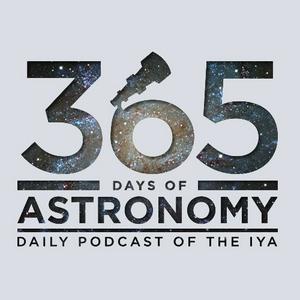https://www.youtube.com/watch?v=hzFgfN2B_k4
Hosted by: Fraser Cain (@frasercain) and Dr. Pamela L. Gay (@CosmoQuest)
Streamed live on Feb 16, 2026.
There are many types of variable stars. Today we're gonna talk about cataclysmic variable stars, which are the result of a white dwarf stealing material from a companion star. And this whole process makes supervillain Pamela happy. Gravity is the weakest force, but on the scales of stars, it is capable of great violence. In this episode, we look at the wild physics of cataclysmic variables: binary star systems where one star is a predatory compact stellar remnant, while the other is a victimized normal star.
Image credit: NASA/CXC/M.Weiss
This show is supported through people like you on Patreon.com/AstronomyCast
In this episode, we'd like to thank: Burry Gowen, Eric Lee, Jeanette Wink, Michael Purcell, Andrew Poelstra, David, David Rossetter, Ed, Gerhard Schwarzer, Jason Kwong, Joe McTee, Sergey Manouilov, Siggi Kemmler, Sergio Sancevero
We've added a new way to donate to 365 Days of Astronomy to support editing, hosting, and production costs.
Just visit: https://www.patreon.com/365DaysOfAstronomy and donate as much as you can!
Share the podcast with your friends and send the Patreon link to them too!
Every bit helps! Thank you!
------------------------------------
Do go visit http://www.redbubble.com/people/CosmoQuestX/shop for cool Astronomy Cast and CosmoQuest t-shirts, coffee mugs and other awesomeness!
http://cosmoquest.org/Donate This show is made possible through your donations.
Thank you! (Haven't donated? It's not too late! Just click!)
------------------------------------
The 365 Days of Astronomy Podcast is produced by the Planetary Science Institute. http://www.psi.edu
Visit us on the web at 365DaysOfAstronomy.org or email us at
[email protected].


